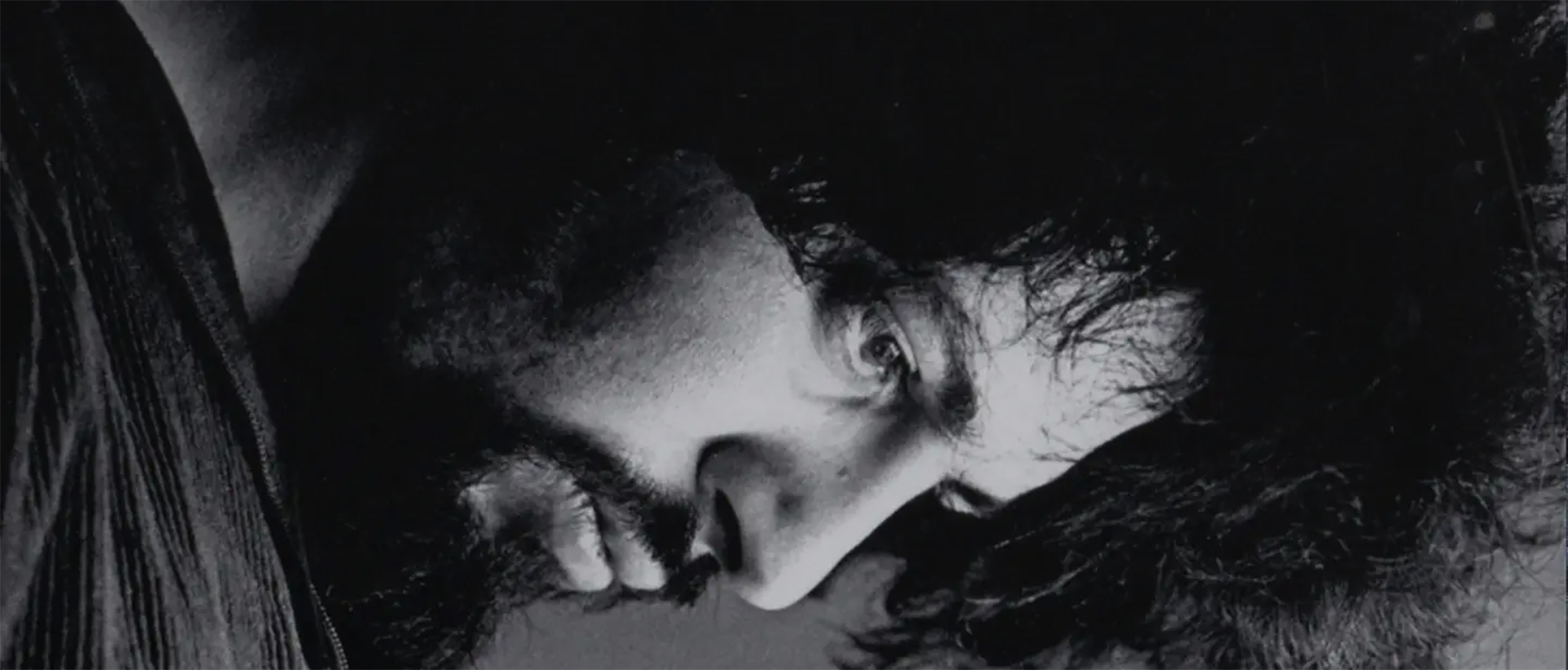It’s easy to pick out two of the talking heads in Susan Stern’s Bad Attitude: The Art of Spain Rodriguez, a documentary about her husband. Robert Crumb, the artist behind Fritz the Cat, has his own documentary (from Terry Zwigoff) in the Criterion Collection; while Art Spiegelman, the artist behind Maus, has the only Pulitzer ever awarded to a graphic novel. To someone like me, who has never really delved into the world of underground comix, it takes those touchstones of mainstream notoriety to break through. And to meet Spain through Stern’s film, you must wonder if he’d be glad he stayed along the fringes with his extreme left-wing politics and hyper-sexualized (often misogynistic) depictions of women. Fame wouldn’t make his impact any more crucial.
Listening to Crumb, Spiegelman, and a handful of contemporaries on the scene proves as much—they can’t stop talking about what he did, who he was, and the legacy he leaves behind to future generations. You hear Spain talk about comics as an extension of Michelangelo as far as the medium’s interest in portraying the human body and find yourself nodding your head, whatever many purists might think. Despite the subject matter, violence, and nudity of his Entertaining Comics (EC Comics)-inspired work, the craft and artistry are undeniable. He has these chaotic frames overflowing with bodies, and there’s an authenticity to form regardless of its satirical or political atmosphere. He knew how to draw and pushed the boundaries of that skill to its limits.
Nobody who knew him in Buffalo, NY, should be surprised, considering where he came from. Young Manuel gave himself the nickname of Spain after the kids in his rough neighborhood would brag about being Irish. He talks about having to learn how to carry himself running with a tough crowd, and how an anti-establishment ideology would lead him to join the Road Vultures M.C.—only to eventually find himself educating the group’s members on politics and the common plight of the working man against the government and police. Spain would be sketching the brawls as his brothers destroyed whatever bar they were in that night; maybe even throw a couple punches too. He’d carry that mentality to New York City, later San Francisco.
This was both good and bad, depending on who you ask, so Stern deserves a lot of credit for not simply making this documentary into a hero piece. She’s the first to admit her husband was far from a feminist, as some falsely categorize him from his leading ladies. He was a macho chauvinist like many artists at that time and the film shows how his shift towards women anti-heroes might have been his commentary against feminism. That doesn’t mean he didn’t respect women, though. Or that his drawings couldn’t have inspired women to become empowered. Having someone like Bitch Media co-founder Andi Ziesler lend context is therefore huge—she helps get at the complexities of his art and its place in history.
Everyone Stern interviews does, from René Yañez talking about Spain’s work in the Mission community in San Francisco—and his son Rio remembering how the kids there saw him as their teacher with no knowledge of the salaciousness of his earlier work—to Crumb wondering aloud if Spain perhaps spent too much artistic energy on political ventures that might not have appreciated him as much as they should have. We go from the autobiographical motorcycle stories (warts-and-all accounts of some truly heinous acts) to the introduction of “Trashman” to his daughter Nora reminiscing how she never met the wild bad boy people talk about. She only knew him as her loving, teaching father. Spain evolved and refined his style and his identity.
That process is shown in high-definition—scanned sketches, finals, diaries, doodles (Stern and Spain’s ex-girlfriends hold up an image of themselves that he drew), and more spotlighted in their static glory, sometimes animated for additional flourish. Old interviews accompany older photos with the work of his friends via the East Village Other and Zap Comix punctuating each change in scenery. Stern provides equal footing to the art, ideology, and man himself throughout to ensure no stone is unturned in who he was, where he came from, and what he stood for. His uncompromising demeanor made him special while his uncompromising work made him an underground legend deserving of this posthumous deep dive into an unforgettable life.
Bad Attitude: The Art of Spain Rodriguez is playing as part of the Buffalo International Film Festival.

